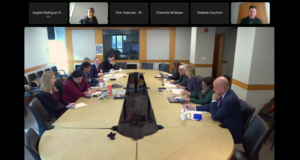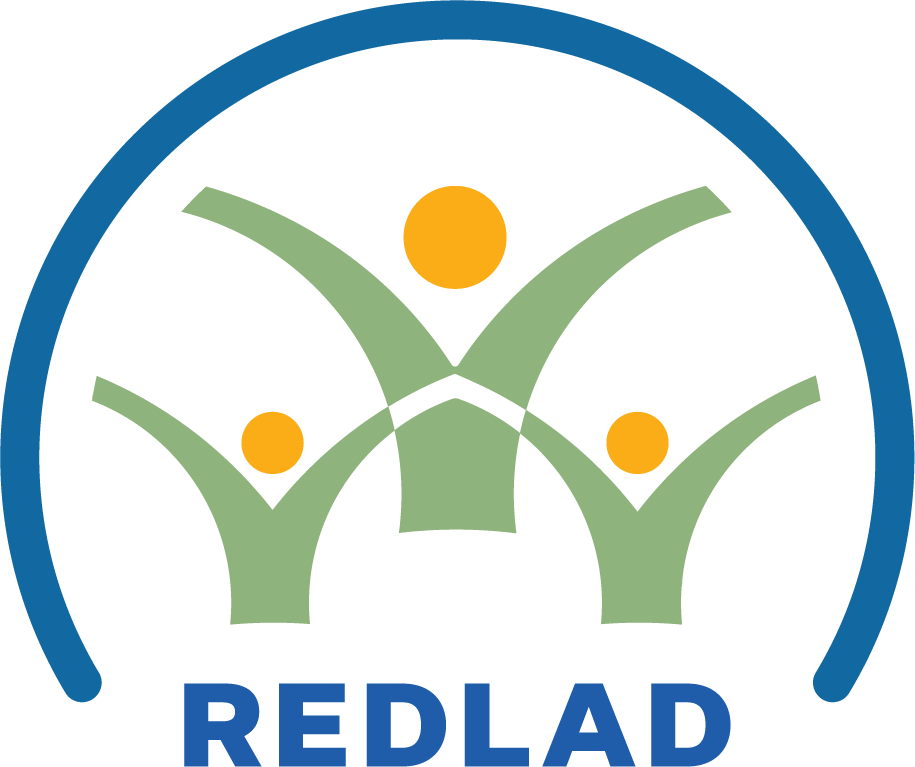The Chair and Secretariat of the Civil Society Pillar participated in the meetings organized by the CoD Working Group on Women and Democracy, and on Protecting and Enabling Civil Society.
i) CoD Working Group on Women and Democracy thematic discussion: Gender Equality in the Digital age.
On 27th February, the meeting of the Working Group on Women and Democracy in regards to innovation, technological change and gender equality was held. Civil society organizations, Women and Democracy Working Group members, the Co-Chairs of the Working Group Finland and Lithuania and the General Secretary of the Community of Democracies, Thomas Garrett, participated in this virtual event. The main objective was to discuss the key role that plays the innovation, technological change and education in the digital age for achieving gender equality and empowerment of all women and girls. The meeting concluded that the digital age can provide opportunities for women and girls to access essential digital services and increase their civic and political engagement. The participation of women in technology and innovation is essential to achieve the Sustainable Development Goals but is necessary to take into account an intersectional analysis and gender-based approach that help to protect women and girls rights online and promote their participation.
ii) CoD Working Group on Enabling and Protecting Civil Society:
On 2nd March, Redlad, as the Chair and Secretariat of the CoD Civil Society Pillar, participated in-person and virtually in the meeting of the CoD Working Group on Enabling and Protecting Civil Society. This meeting aimed to recognize that civil society continues to work in an increasingly hostile environment with civic space restrictions. The discussion centered on the draft laws that seek to restrict the right of association, peaceful assembly and freedom of speech that could undermine and criminalize civil society organizations’ work and democracy, the advocacy that civil society members and governments could do in order to prevent the approval of these bills not only in the countries of study that were Georgia, Venezuela and Zimbabwe but also worldwide.


